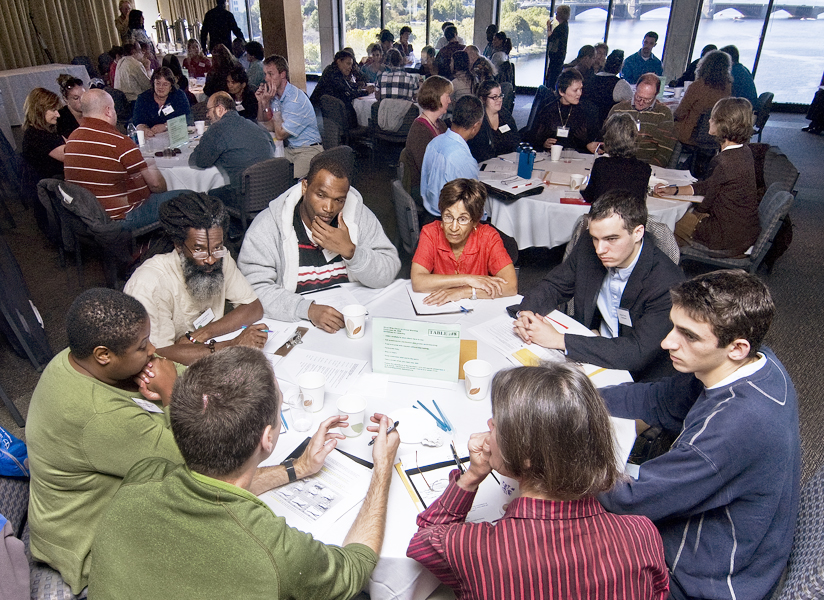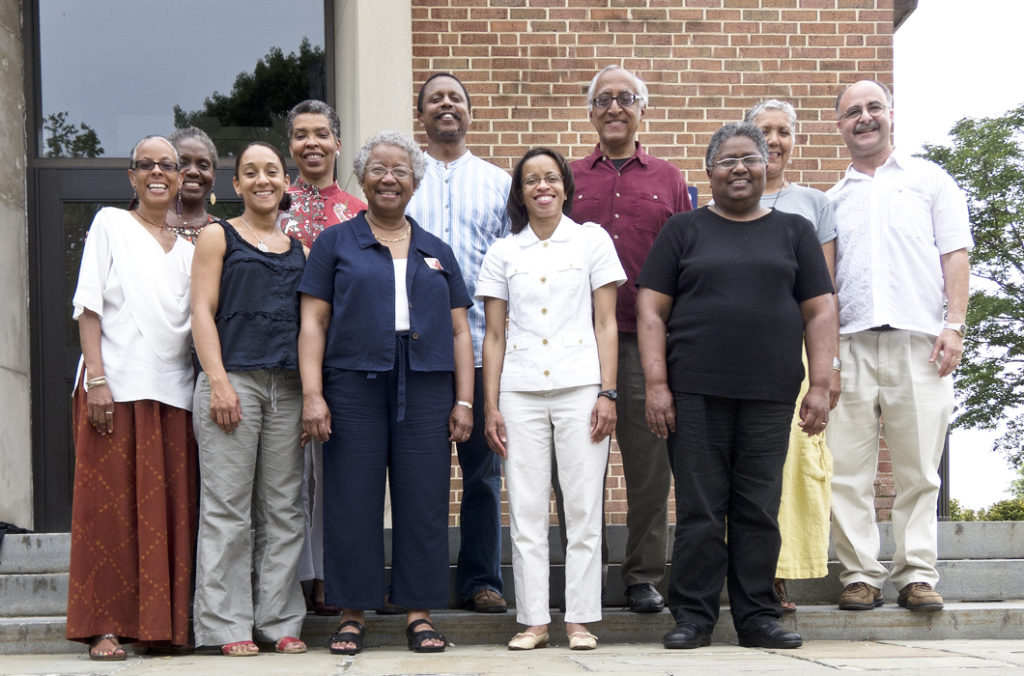Richard has a long track record of pursuing social change via institutional innovation, including:
Inspiring and co-organizing the first U.S. adaptation of a Danish style “consensus conference” (deliberative citizens’ panel) on national science and technology policy.
Co-founding the Europe-based Living Knowledge network, which supports community-based participatory research worldwide.
Serving as a grant writer and U.S. adviser for the World Wide Views on Global Warming project, the first globe-encompassing citizen deliberation exercise in world history.

Inspiring and co-organizing a unique adaptation of a European scenario workshop (participatory planning process), enabling stakeholder participants to integrate social, political, and environmental considerations into their deliberations.
Writing a report that launched the U.S. Expert and Citizen Assessment of Science and Technology (ECAST) network. ECAST is a nationwide network of institutions—universities, non-partisan policy research organizations, and science museums—that are collaborating to reestablish a national capacity in technology assessment, including via citizen participation. ECAST clients have included the U.S. Dept. of Energy and the National Aeronautics and Space Administration (NASA).
Founding and directing the Loka Institute, a nonprofit organization dedicated to making research, science, and technology responsive to democratically decided priorities. At Loka Richard has promoted initiatives to broaden popular engagement in scientific and technological decision-making in the U.S., Canada, Western Europe, South America, East Asia and Australia. He also co-organized national and international conferences on Community-Based Research, Comparative Scientific Traditions, and Technology in the African-American Experience.
Developing a project at the Center for Contemplative Mind in Society (CMind) to help university Teaching & Learning Centers weave meditation and other contemplative practices into courses and programs campus-wide. Richard also helped CMind improve the multicultural inclusiveness of its programs, including by organizing a workshop on Contemplative Pedagogy in the African-American Higher Education Community.
